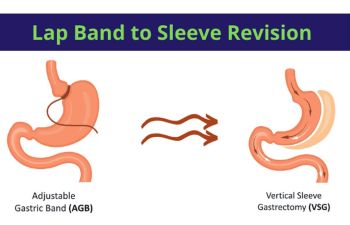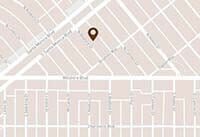
Losing weight is a difficult task. Many people struggle with weight issues and often seek professional help to address them. Nowadays, we see several medically supervised weight-loss interventions are available, such as behavioral changes, pre-packed meals, pharmacotherapy, and bariatric surgery, with surgery often being the last resort for patients who’ve failed to lose weight.
The Lap Band surgery is a form of Bariatric surgery meant for adults who have a Body Mass Index (BMI) > 40kg/m^2, or a BMI > 30 kg/m^2 and a minimum of one comorbidity factor. This procedure helps limit food intake by adjusting the amount of fluid in the silicone band that is placed around the stomach, significantly reducing the stomach’s capability to hold food.
With a high success rate, Lap Band surgery remains the safest, most effective, reversible surgical option for weight loss. However, revisions are not uncommon – while each situation is different, treating these issues may require removing the Lap Band, repositioning the Lap Band or replacing the Lap Band all together.
At the Weight Loss Surgery Centre of Los Angeles, revisions can often be done laparoscopically, which means you can be back on your road to weight loss with a simple and minimally invasive revision procedure.
Below are nine indications you may qualify for a Lap Band Revision:
- Little to no weight loss (losing less than 25% to 30% of your excess weight)
- Band erosion (band actually grows into the stomach)
- Band intolerance (symptoms include excessive nausea/vomiting or constant discomfort/pain)
- Band infection (requires replacement/removal of the band with a dose of antibiotics)
- Band slippage/ gastric prolapse (when the lower part of the stomach “slips” up through the band, creating a bigger pouch above the band. Either removing fluid from the band or surgical repositioning is required to repair it, although band removal may be necessary)
- Difficulty swallowing (also called “dysphagia”, it is caused by eating too quickly, too much or not chewing food enough before swallowing)
- Oesophageal Dysmotility and/or Dilatation (when as a result of the patient’s gastric band, the oesophagus is no longer able to effectively transport food from the mouth to the stomach. Symptoms may include difficulty swallowing, regurgitation of food and/or pain.)
- Gastroesophageal Reflux Disease (GERD) (chronic condition resulting in episodes of gastroesophageal reflux, heartburn and potential damage to the oesophagus. Often leads to inflammation of the oesophagus that may damage the tissue)
- Pouch dilation – refers to the enlarging of the stomach pouch that forms above the band. It can often be fixed by removing fluid from the band but sometimes requires reoperation.
Dr. David G. Davtyan is an experienced bariatric surgeon who is extremely knowledgeable in weight loss surgery field. Our weight loss doctors can provide you with complete information regarding all of your bariatric surgery revision options. Get in touch with us to schedule your consultation.
Posted on behalf of Dr. David G. Davtyan MD, FACS, FICS





